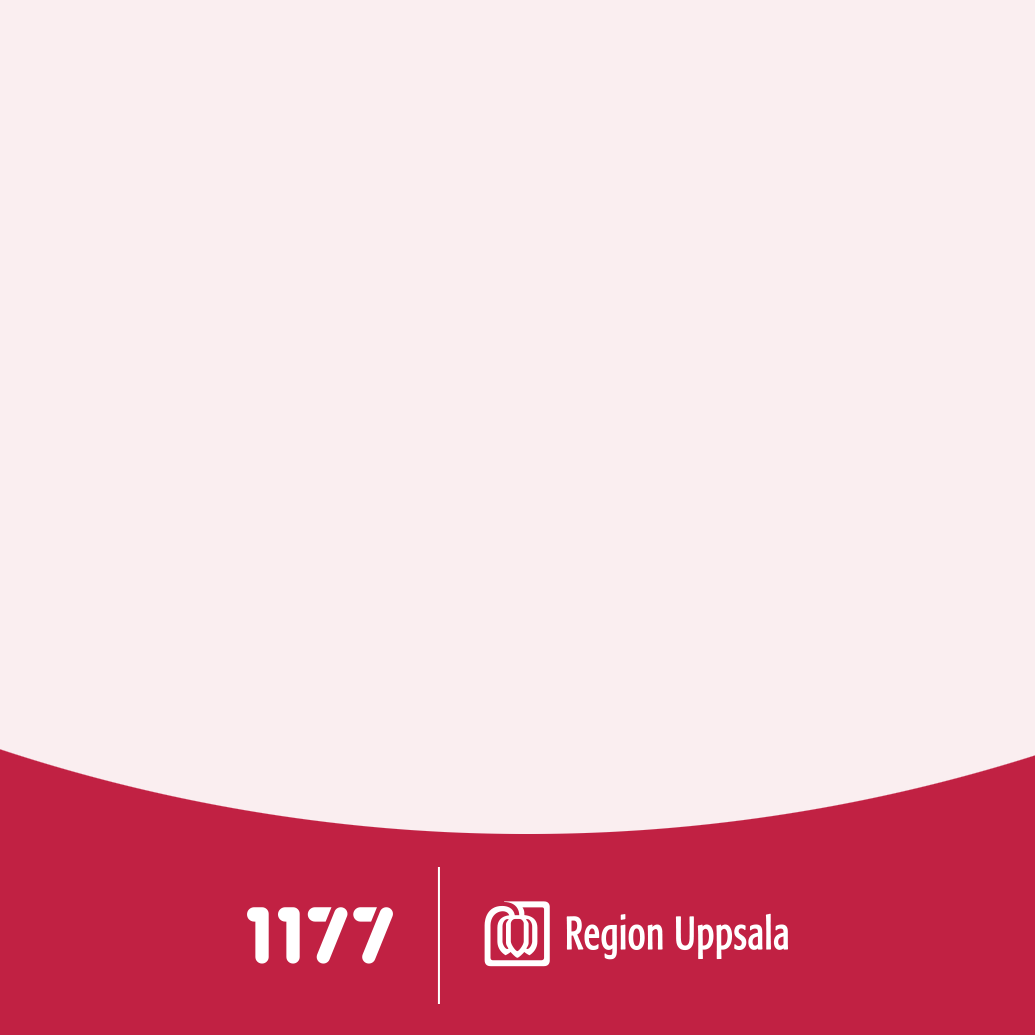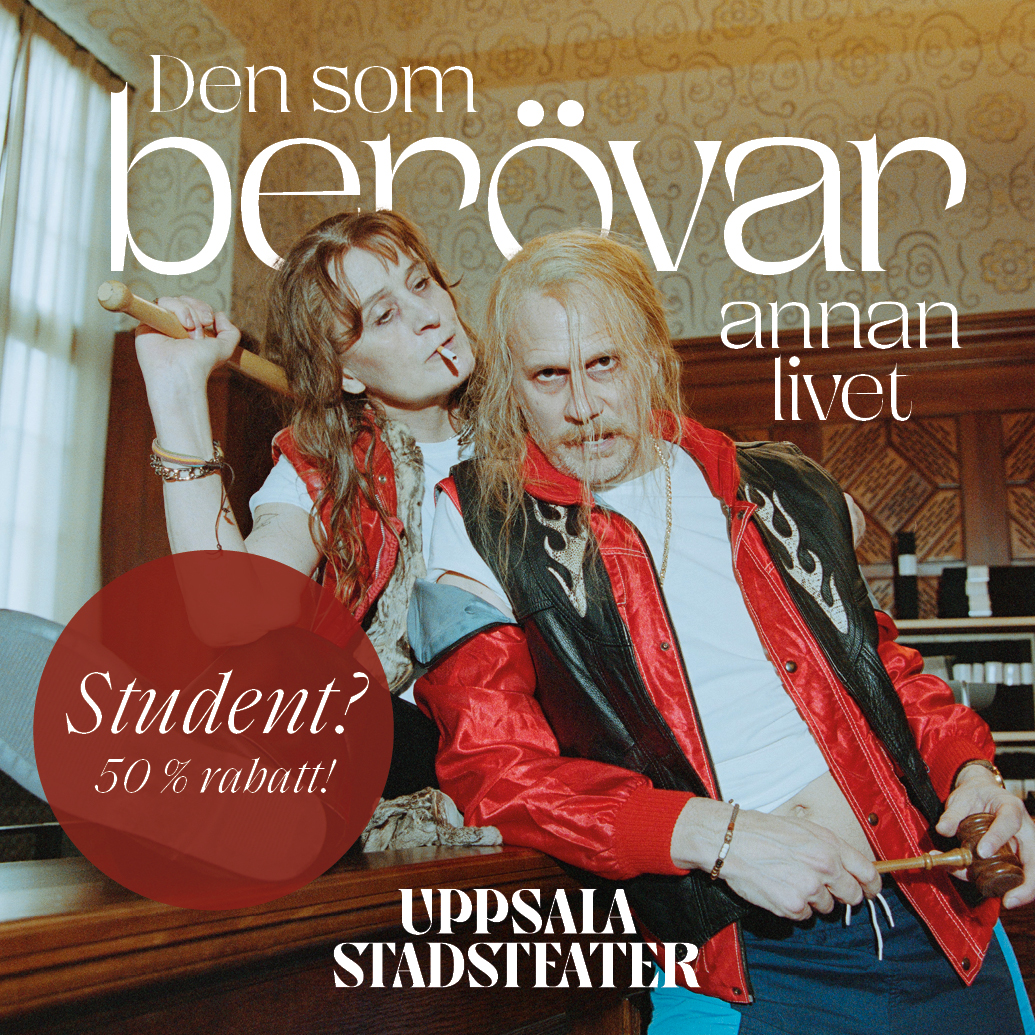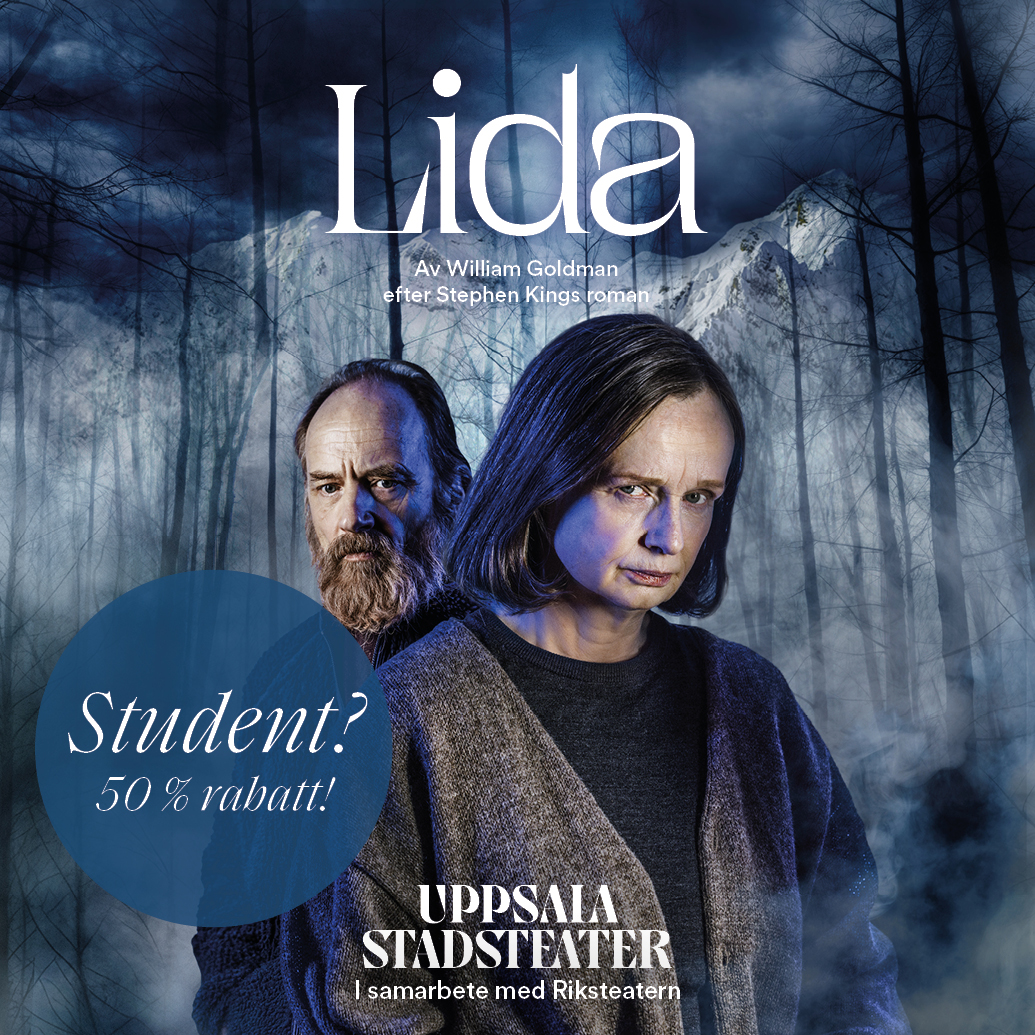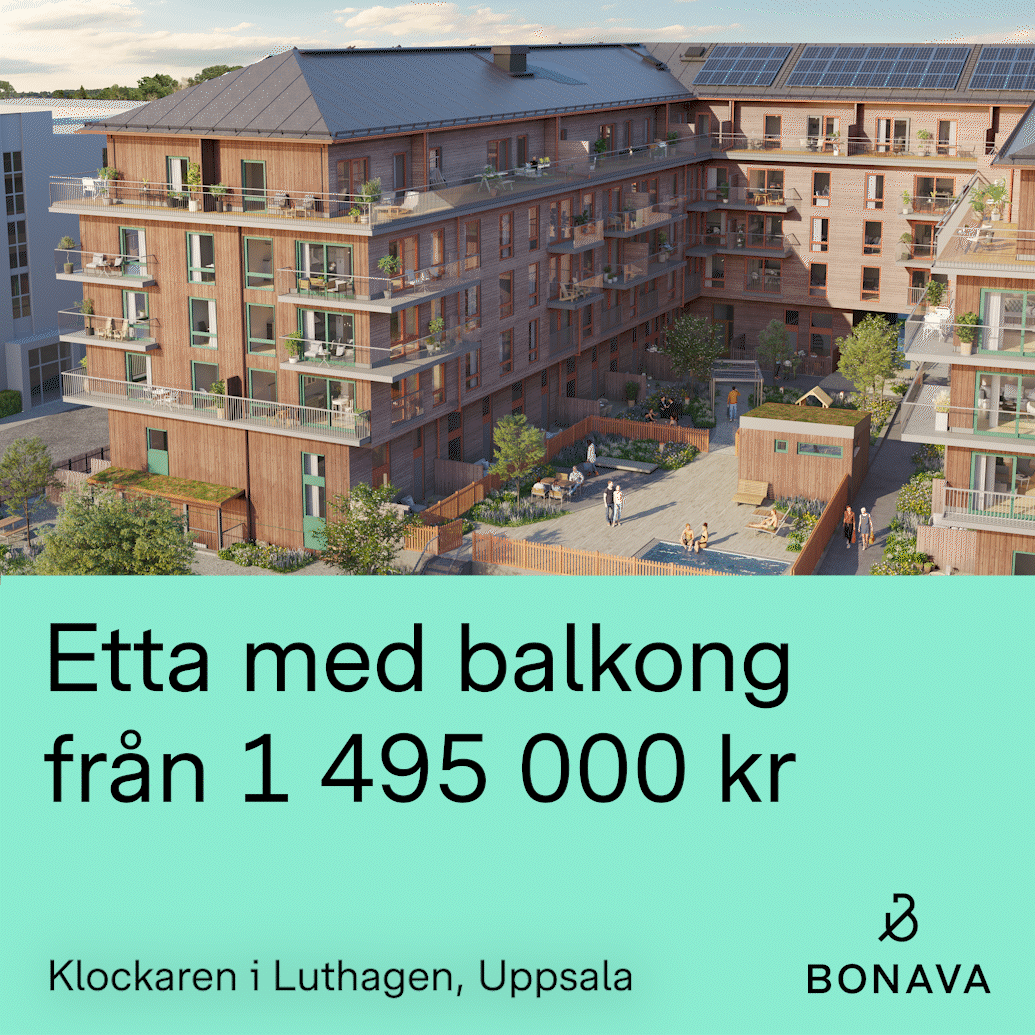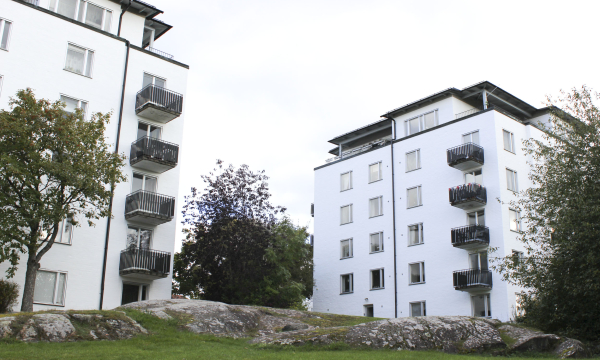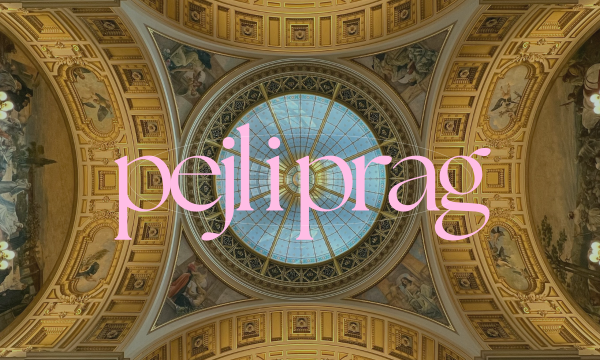Time to Bunker Up
A while back, two senior academics dragged me (a lowly undergrad) along to a post-seminar. The beers kept coming and they didn't stop coming. After a few rounds, the discussion drifted into what were, for me, uncharted waters. They namedropped people I'd never even heard of, pondered questions I had never thought of asking. So I dazedly followed the courses of the raindrops on the windowpanes, entranced by their golden and ruby glimmerings.
One of the beer-guzzling sages, it seems, had noticed my drifting off, and tried to snap me out of my reverie. "What do you think –" he began, in the manner of someone tossing a scrap of food to the puppy under the table, "will Sweden ever come to care about philosophy? What do you think could bring an interest to existential questions back to this country?" I didn't think. But I fired back anyway: "Disaster." A particularly awkward silence ensued. I desperately tried to master my numbing tongue. "I mean, " I slurred, "something like a plague, or a war, or a tsunami, or a revolution, or some dictator set on ethnically cleansing large chunks of the population, or..." The silence grew more silent; the blood in my ears grew louder. "The problem is," I finally blurted out, in a last pathetic attempt, "our lives are too comfortable. Only a real disaster could pop our bourgeois bubble." The two boffins looked at me, then at each other, then back at me. The topic was left to die.
Perhaps it was only the booze talking. Nonetheless, at the end of the day, I'd like to think I was right. There are three observations to be made. The first is that Sweden does not have a philosophical culture, based both on personal impression and impersonal statistics. Few people spend any considerable amount of time pondering big questions: what is it that makes something good or evil? What's the point of it all? What lies on the far side of the big sleep? Existential questions seem to be reserved for staring at the ceiling after puffing on a spliff. The second observation is that Sweden is one of the most materially rich countries in the world. The third is that there is a direct connection between the first two observations. There is hardly any reason to stop and ponder why life is unfair, for instance, when the money keeps rolling in on payday, the standard of life keeps getting better, criminals get locked up. There's no reason to worry, for instance, that we lack a narrative that makes sense of our place in the vast cosmos, when we are confronted with seemingly limitless opportunities for self-realization and paving our own path, both leisurely and professionally. There is something beautiful to that as well: a life cycle uninterrupted by existential crises, tracing a perfect parabola of nutrition and reproduction, work and leisure, rest and relationships. Perhaps this is what the ideal human life looks like. We are, after all, animals: our chief desires are reproduction and survival. Humans, as a friend of mine is fond of saying, are really just "monkeys in pyjamas".
"The looming risk of a pandemic makes them tremble to their core. It exposes the vitreous, fragile nature of our existences, their unbearable lightness."
Enter COVID-19. And, for a moment, the comfortableness of the pristine life cycle evaporates. International stock markets, political and bureaucratic superstructures – everything threatened by a minuscule, spherical molecule, corollated with tiny spikes. It is these spikes, microscopic though they may be, that threaten to puncture the hovering balloon of our comfortable lives, kept afloat as it is only by fossil fuels and inordinate amounts of hot air. The looming risk of a pandemic makes them tremble to their core. It exposes the vitreous, fragile nature of our existences, their unbearable lightness.
Only when disaster comes knocking at the door do we need to take a stance towards the big questions. And for a moment, we can finally remember our lives are beautiful yet brittle, like a butterfly's wings. We can also finally remember how dependent we are on each other: what we owe to each other, but also how much evil we are capable of inflicting each other. We can remember, perhaps from the reclusion of quarantine, that people are animals who need contact as much as oxygen, but that being dependent is also being vulnerable. That dependence is, both literally and figuratively, both in the positive and negative senses, infectious. Corona will ask questions, not only of nurses and epidemiologists, but also to every organism that can reflect over its own existence.
To be clear: corona will not be a good thing. That was not what I was saying in that pub; that is not what I'm saying now. No: Corona is horrible. But it is because corona is so bad that we must take time to remember what it is that makes something good or bad. It can make us take time to remember the sheer gratuity of every uncontaminated breath of air. And maybe, we'll be, just for a moment, something more than monkeys in pyjamas.












